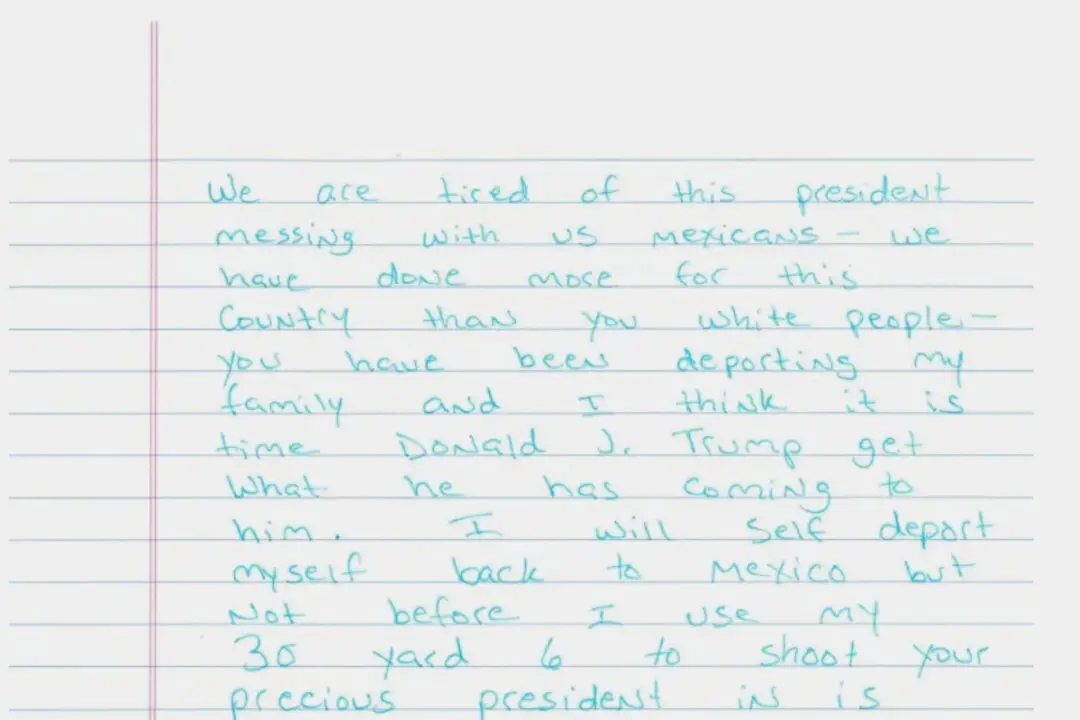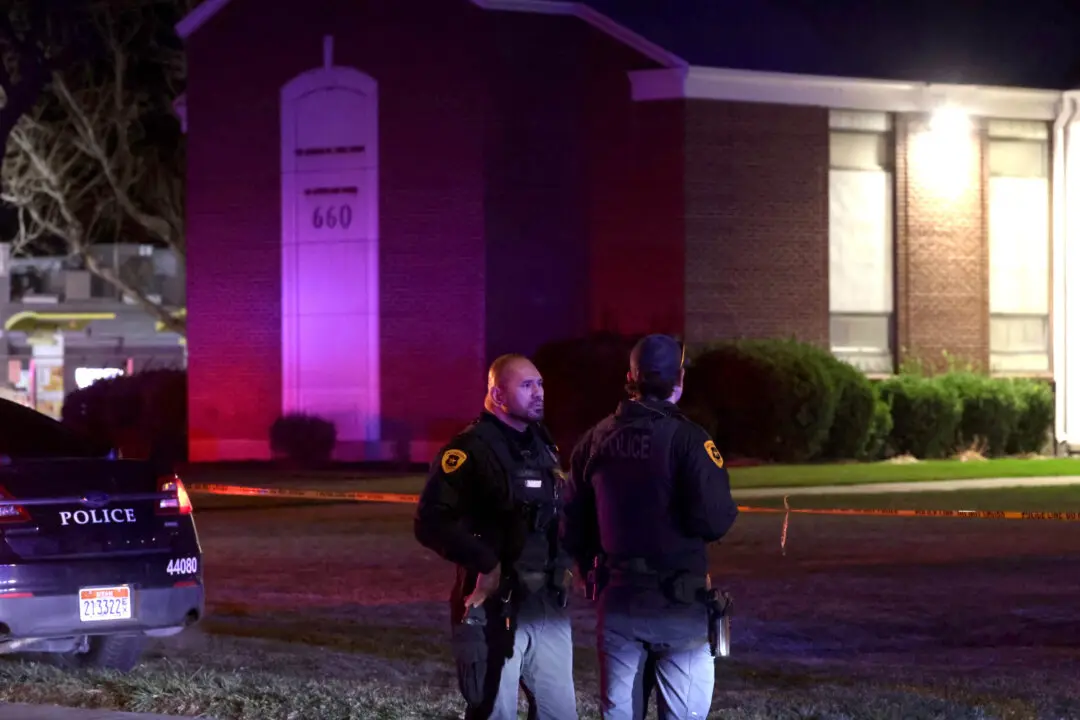BERLIN—The detention of three Vice News journalists in Turkey last month came with all-too-familiar charges of terror-related crimes. Similar allegations were leveled against three Al-Jazeera reporters convicted last year in Egypt of fabricating news to help the banned Muslim Brotherhood. So, too, against Eskinder Nega, an Ethiopian journalist found guilty of terrorism charges in 2012 after publishing a critical piece about the government.
“We’re seeing this more and more, this abuse of national security as an excuse to rein in bad news, basically,” said David Kaye, the U.N.’s special investigator on freedom of speech.
Kaye warned that the growing use of anti-terror legislation against journalists is making any kind of critical reporting impossible in some countries.
“On the one hand national security is a legitimate basis for restricting freedom of expression,” said Kaye, a professor of law at the University of California, Irvine. “But the state has to demonstrate that it’s necessary to do so to achieve a legitimate objective, and they often abuse those rules for what I would say are illegitimate purposes.”
Kaye also cited Azerbaijan and Iran as examples where national security legislation has been widely used against journalists.
Figures compiled by the Committee to Protect Journalists show that the number of reporters jailed worldwide steadily increased in recent years, from 81 in 2000 to 221 last year.
They include also the Washington Post reporter Jason Rezaian, who is being held in Iran on espionage charges.
“What we see in terms of worrying trends that’s been picking up for a while is the use of overbroad anti-terror laws to prevent coverage and detain journalists,” said Robert Mahoney, deputy director of the New York-based CPJ.
Such tactics are particularly common on countries with autocratic leaders, said Mahoney. “They are nominally elected but they are behaving in a repressive way, using the cloak of fighting terrorism to silence critical voices.”
In Egypt, where the trial against three Al-Jazeera reporters has drawn international attention, the government led by soldier-turned-president Abdel-Fatah el-Sissi recently introduced new laws making it a crime to publish “false news” on terrorism. According to Mahoney, the laws are used to punish those who publish legitimate news stories with up to five years in prison for “promoting terrorism.”
Western governments have some responsibility for this, said Kaye, the U.N. expert. Since the Sept. 11, 2001 attacks, European countries in particular have imposed strict new anti-terror legislation that often includes greater surveillance, bans on certain literature and limits on free speech deemed as incitement to violence.
“It’s no help when you have countries in the West adopting laws that restrict free expression,” said Kaye. “In Spain you can’t record the police anymore, for example.”
While two of the journalists working for Vice News — both British citizens — were released days later and allowed to leave Turkey, their colleague Mohammed Ismael Rasool remains detained. Based in Turkey but of Iraqi Kurdish origin, Rasool has worked for a number of media organizations, including The Associated Press and Al-Jazeera.
The perceived threat posed by al-Qaida and now the ISIS group have also made Western governments less willing to complain about other states cracking down on access to information, said Kaye. “The situation with ISIS puts a lot of pressure on governments to maintain coalitions against terrorism,” including with authoritarian regimes.
Emre Kizilkaya, a press freedom advocate and local representative of the Vienna-based International Press Institute, or IPI, said the number of journalists jailed in Turkey has traditionally fluctuated in tandem with the governments’ security policies.





